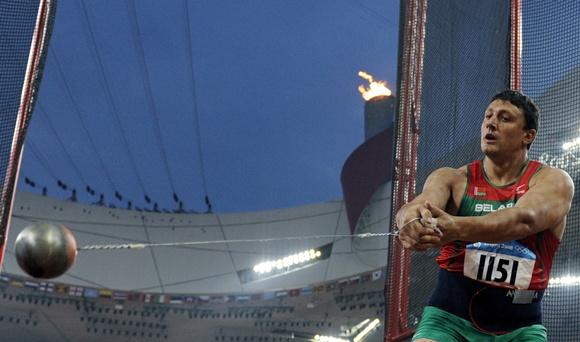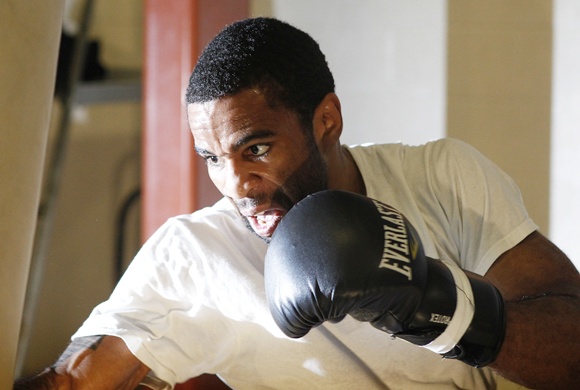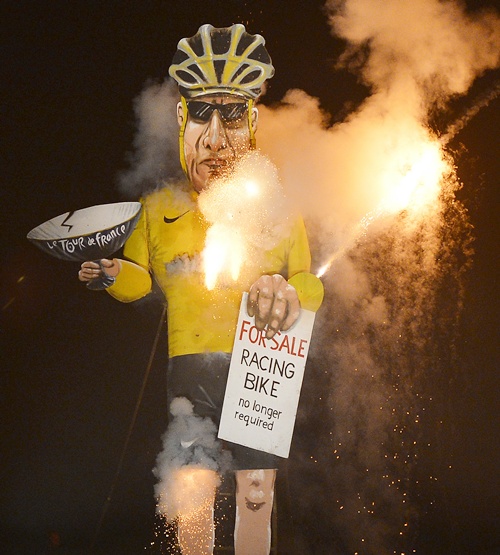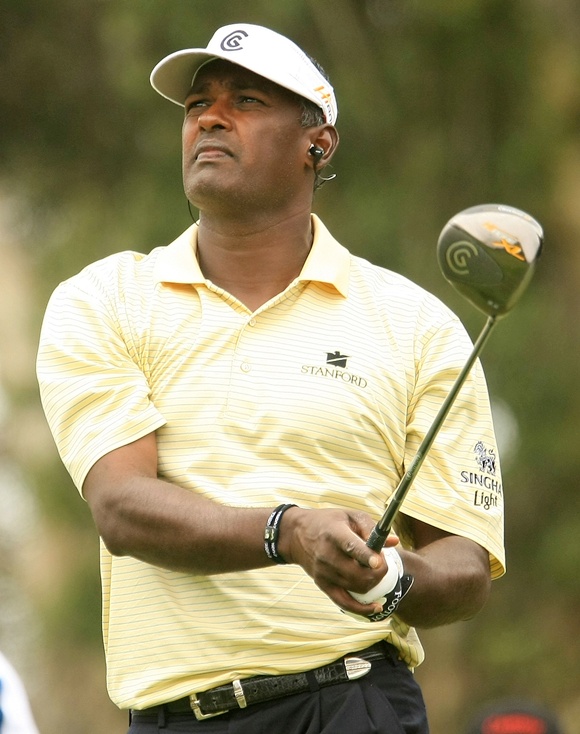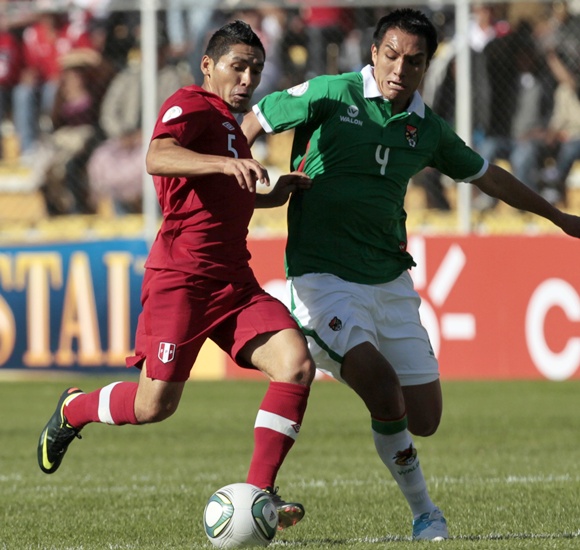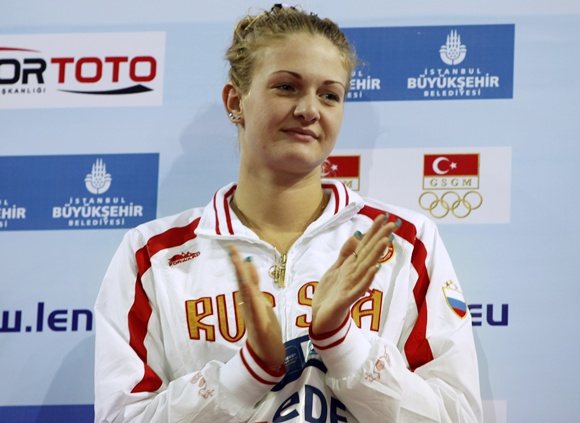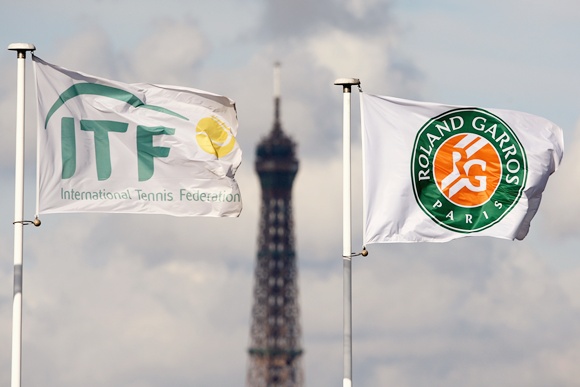 | « Back to article | Print this article |
Doping: Hall of Shame!
The levels of doping in sport are now worse than ever.
Following are the main doping stories in sport in the first quarter of 2013:
Athletics
Five Kenyan marathon runners have been suspended for doping and six athletes, including former Olympic and three-time World hammer champion Ivan Tsikhan, will be disciplined for failing dope tests after their samples from the 2005 Helsinki world championships were re-examined.
The International Association of Athletics Federations (IAAF) retests samples from previous championships in an effort to detect substances for which no valid tests existed at the time.
Seventeen unidentified athletes face bans after abnormalities were found in the biological passports which track changes in their blood profiles.
Doping: Hall of Shame!
Boxing
American Lamont Peterson, who had not fought for 14 months after a positive test for synthetic testosterone, retained his IBF light-welterweight title by stopping compatriot Kendall Holt in the eighth round.
Peterson was stripped of his WBA belt when he tested positive after injecting testosterone pellets into his hip before a rematch last year with Amir Khan, the Briton he defeated to take two world titles. The fight was called off.
The IBF had allowed Peterson to keep its belt, saying it was happy with an independent investigation which accepted Peterson's camp's claim that the testosterone had been taken for therapeutic reasons.
Doping: Hall of Shame!
Cycling
After years of denial, Lance Armstrong admitted on a US television show that he had taken banned drugs before each of his seven Tour de France victories.
Danish cyclist Michael Rasmussen, who was kicked off his team in the 2007 Tour de France for lying about his whereabouts, told a news conference that he doped for 12 years.
Doping: Hall of Shame!
Golf
The PGA is set to announce its decision following an admission by former world number one Vijay Singh that he had used deer antler spray containing a banned substance.
The three-time major winner told Sports Illustrated magazine that he had used the spray, which is believed to speed up recovery from injury, but had been unaware that it contained a banned anabolic agent.
Doping: Hall of Shame!
Soccer
FIFA announced it would use biological passports at this year's Confederations Cup and next year's World Cup in Brazil.
The decision followed a call from Arsene Wenger, the manager of English Premier League side Arsenal, to introduce compulsory blood testing.
Peru midfielder Joel Sanchez was banned for two years after failing a dope test in a World Cup qualifier against Bolivia last October.
Doping: Hall of Shame!
Swimming
Three Russian swimmers were banned for doping in two days by the country's anti-doping agency.
One of the trio, European 100 metres backstroke short-course record holder Ksenia Moskvina, was banned for six years after failing a second test in three months.
Doping: Hall of Shame!
Tennis
The International Tennis Federation (ITF) announced it would introduce biological passports and increase the number of blood tests.
According to figures on the ITF website, only 21 out-of-competition tests were conducted in 2011.

© Copyright 2025 Reuters Limited. All rights reserved. Republication or redistribution of Reuters content, including by framing or similar means, is expressly prohibited without the prior written consent of Reuters. Reuters shall not be liable for any errors or delays in the content, or for any actions taken in reliance thereon.
